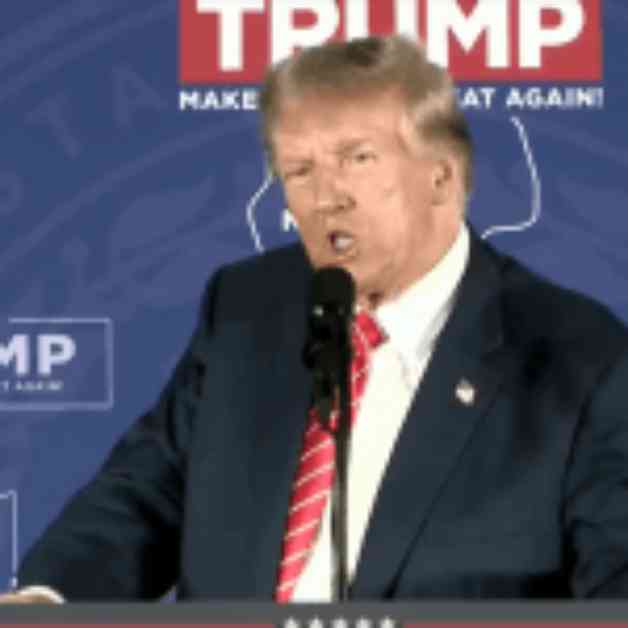Trump’s Second Term Immigration Agenda: A Closer Look
As the presidential election approaches, Donald Trump has unveiled more specific plans for his immigration agenda if he secures a second term in office. While his initial term saw ambitious pledges of mass deportations, Trump now aims to invoke wartime powers, collaborate with like-minded governors, and potentially utilize the military to carry out his immigration policies.
Despite facing legal, fiscal, and political challenges during his first term, Trump and his chief immigration policy architect, Stephen Miller, are hinting at a different approach for a potential second term. With the support of more Trump-appointed judges and lessons learned from their previous tenure, they are gearing up for a more aggressive stance on immigration.
The Legal Landscape of Mass Deportations
Legal experts have weighed in on the feasibility of Trump’s deportation plans, noting that while they may be technically lawful, the logistical challenges are immense. Trump has suggested invoking the Alien Enemies Act of 1798, which grants the president authority to deport noncitizens from countries considered enemies of the United States. Additionally, he may rely on sympathetic governors to deploy the National Guard for immigration enforcement.
Miller has proposed a strategy where National Guard troops from supportive states would carry out arrests in neighboring states that refuse to participate in the deportation efforts. This approach aims to bypass legal restrictions on military involvement in civilian law enforcement, potentially paving the way for a large-scale deportation operation.
Challenges and Considerations
One of the key hurdles Trump would face in implementing his deportation plans is the issue of funding and resources. With Congress allocating funds for a limited number of detention beds, questions arise about where individuals would be housed before deportation and how long they could be held if their home countries refuse to repatriate them.
ICE officers, responsible for executing deportations, operate with meticulous attention to detail, prioritizing individuals with criminal records and conducting thorough background checks. The process of identifying and apprehending targets can be time-consuming and resource-intensive, posing practical challenges to executing large-scale deportations.
Political Implications and Public Response
While Trump’s deportation plans have garnered support from some quarters, they also raise concerns about the potential impact on families, labor markets, and communities. Mass deportations could disrupt families, exacerbate labor shortages, and uproot individuals deeply entrenched in their communities.
Moreover, military leaders are likely to resist involvement in domestic immigration enforcement, as it may conflict with their core mission and morale. The prospect of military intervention in immigration operations raises questions about the militarization of domestic policies and the implications for civil-military relations.
In conclusion, Trump’s second-term immigration agenda signals a departure from conventional approaches to immigration enforcement, with a focus on aggressive tactics and unprecedented use of executive powers. The feasibility and implications of these plans remain subject to legal, logistical, and political challenges, underscoring the complex nature of immigration policy in the United States.


